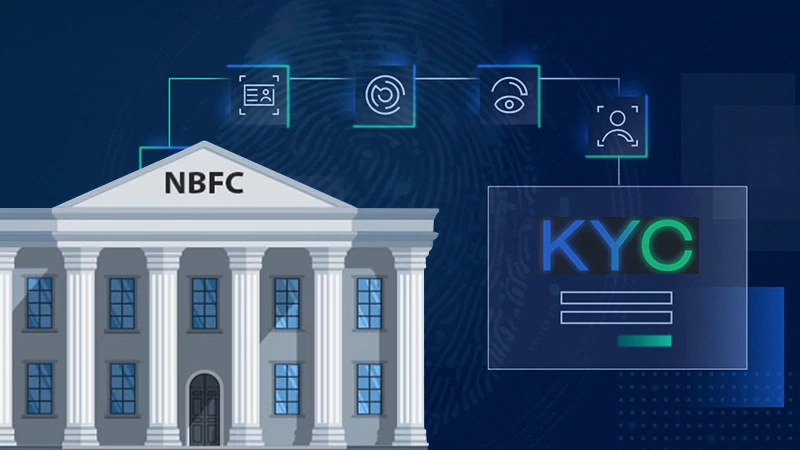Transparency and Trust: Best Practices for Accountable Nonprofit Fundraising
Nonprofit organizations depend on fundraising to sustain their operations and achieve their missions. However, with increasing competition for donor dollars, nonprofits must prioritize transparency and trust in their fundraising practices.
Transparency is the clear and open communication of an organization’s financial information, goals, and impact. It allows donors to understand how their contributions are used and build trust in the organization. Trust is essential for long-term donor relationships and can ultimately lead to increased giving and support.
Why Transparency Matters
Transparency is critical for nonprofit organizations because it demonstrates integrity, accountability, and effectiveness. When nonprofits are transparent about their financials, donors can see how their money is being used and have confidence that it is being used for its intended purpose. This can increase donor satisfaction and potentially lead to increased giving.
Transparency is also essential for building trust with donors. With so many nonprofits competing for donor dollars, it is crucial to establish a sense of credibility and reliability. When donors trust that an organization is using their money ethically and effectively, they are more likely to continue supporting the organization in the future.
Moreover, transparency can help nonprofits attract new donors. In today’s digital age, individuals have easy access to information and are more likely to research organizations before donating. By showcasing transparency and accountability in their fundraising practices, nonprofits can stand out from the crowd and attract new donors who value these principles.
Best Practices for Transparency in Nonprofit Fundraising
To establish trust and maintain transparency in nonprofit fundraising, organizations should follow these best practices:
Clearly Communicate Financial Information
Nonprofits should make their financial information easily accessible and understandable to donors. This can include annual reports, audited financial statements, and a breakdown of how donations are used. Providing this information on the organization’s website or through other communication channels can help demonstrate transparency and build trust with donors.
Employ Ethical Payment Practices
In maintaining the integrity of financial transactions, nonprofits must ensure their payment processing systems are secure, reliable, and ethical. Nonprofit payment processing involves selecting platforms that protect donor information and provide transparent transaction fees. By choosing reputable service providers and communicating any processing fees to donors, nonprofits safeguard not only the financial data but also the trust of their contributors.
Furthermore, to affirm commitment to transparency, providing donors with prompt acknowledgments and receipts for their transactions can reinforce their confidence in the organization’s fiscal management.
Prioritize Donor Communication
Effective and open communication with donors is integral to transparency. Nonprofits should clearly state their fundraising goals, how donations will be used, and the impact of donor contributions. Regular updates on progress towards those goals can also demonstrate accountability and keep donors informed about where their money is going. Additionally, nonprofits should welcome feedback and be responsive to donor inquiries or concerns.
Practice Ethical Fundraising
Nonprofits must adhere to ethical practices in their fundraising efforts. This includes being honest and accurate in all messaging and avoiding deceptive tactics to solicit donations. Organizations should also ensure that the majority of funds raised go towards their charitable mission rather than overhead costs.
Conclusion
Transparency and trust are vital for nonprofit fundraising success. By prioritizing these principles, organizations can build strong donor relationships, attract new supporters, and ultimately achieve their missions. Nonprofits should regularly review and improve upon their transparency and accountability practices to maintain the highest level of integrity in all fundraising efforts.
So, it is essential for nonprofits to continuously strive towards building transparent and trustworthy relationships with their donors to ensure long-term support and success. Not only does it benefit the organization, but it also serves to strengthen the overall nonprofit sector.
Follow Us
Latest Post
















